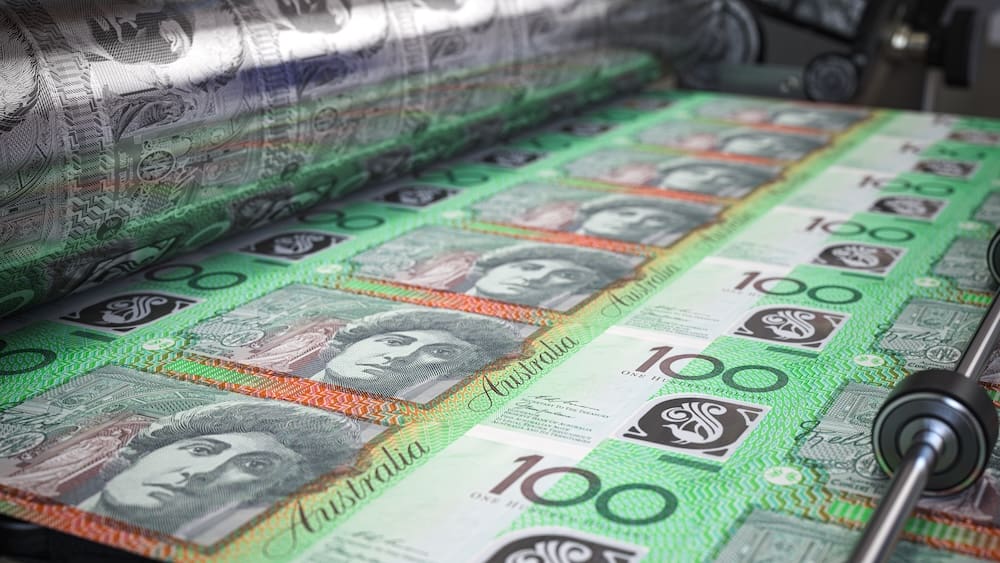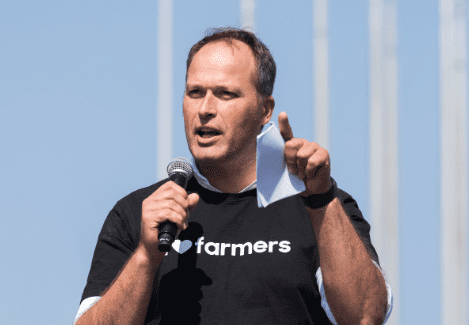BUSINESS and agricultural groups have raised concerns about the Federal Government’s plan to revive its increased taxes on superannuation balances – which would impact thousands of Australian farms held in “self-managed super funds”.
Last week, Federal treasurer Jim Chalmers announced that the Government was going to revive its plan to put a 30pc tax on superannuation balances worth $3m or more, including for capital gains on assets that had not been sold or liquidated.
“What we’re proposing here is still very concessional treatment for Australians with very big superannuation balances,” the treasurer said.
“We’re taking the current concessional treatment and making it slightly less concessional, but still concessional. This is a very modest change to the taxation of very large superannuation balances. It reflects about half a percent of people.”
But the National Farmers’ Federation disagrees that the changes are modest and has been campaigning against them for the past three years. Its main concern is for farms held in self-managed super funds for succession planning reasons, where the shareholders are parents and children.
NFF president David Jochinke said farmers entered into these agreements in good faith on the premise that they were only paying tax when income was generated, which he said is the way it should be.
“People have been using this as a legitimate succession planning pathway, they have made decisions based on the idea of paying tax when money was drawn out or crystalised,” he said.
“Now they are paying double the amount of tax and having to pay it before the fund is crystalised.”
Using figures presented by the SMSF Association to a Senate committee, the NFF estimates that more than 17,000 SMSF accounts in 2021/22 held farming land. It said more than 3500 funds would attract the tax on day one and it expected that number to increase with inflation.
Laws stall in the Senate
The Government tried to pass the tax changes in the last term of parliament, however, the bill could not pass the Senate before the end of the term.
Without support from the Coalition, Labor will likely need to work with the Greens to pass the legislation through the Senate.
The Greens are proposing to lower the threshold from $3m to $2m.
Broader business community opposes tax
When the tax was raised last term, a Coalition of business organisation, including CPA Australia, Chartered Accountants Australia and New Zealand and Financial Services Council came together to oppose the bill.
In responding to last week’s announcement, CPA (Certified Public Accountants) Australia said taxing unrealised gains was a slippery slope.
“Australia’s tax system is built on the principle that tax is paid on income once it is realised – when it is actually received,” superannuation lead Richard Webb said.
“Taxing unrealised capital gains would mean taxing people on the paper profits they haven’t yet accessed, which is not only inequitable but also administratively burdensome. CPA Australia believes this approach is inconsistent with good tax design and could have significant unintended consequences for investment and confidence.
“If this precedent is set, where are the limits?”
Push to index tax threshold
While the groups oppose the idea of taxing unrealised gains, they are also pushing for the Government to index the threshold if they are pressing ahead with the laws.
“The government cannot underestimate the impact of inflation on superannuation. The cumulative effect of inflation means that a dollar today has the same purchasing power as approximately $0.34 in 1985. This reduction highlights the necessity of preserving the spending power of superannuation savings over one’s working life,” Mr Webb said.
“Bracket creep is already having a silent eroding effect on personal finances. Allowing this further erosion of superannuation savings is contrary to the fundamental principles of our tax system.”



HAVE YOUR SAY